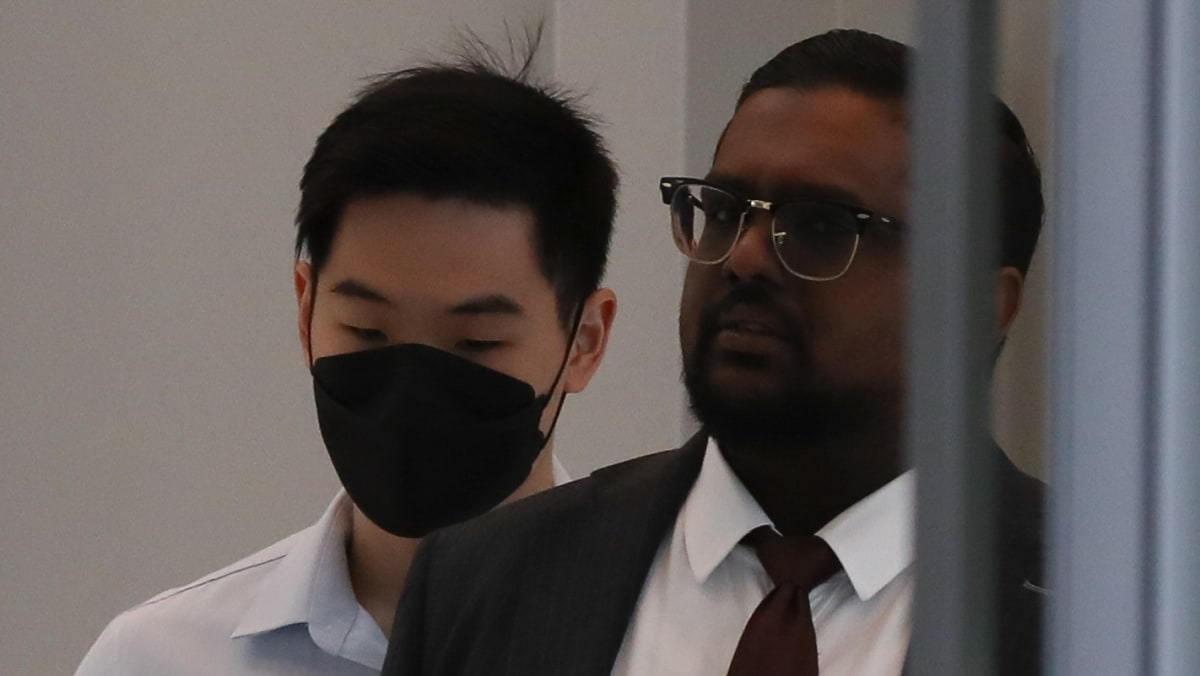Many years ago, a close friend had an affair with a married man.
She confided in me and a few others in our group of friends and even admitted that she knew what she was doing was wrong.
I immediately began to voice my disapproval and admittedly badgered her repeatedly about ending things. But instead of convincing her to stop the affair, this only resulted in arguments between us.
While there were other issues that affected our friendship, how forcefully and relentlessly I brought up her need to stop being a third party caused everything to come to a head and she cut me off from her life entirely.
At one point a couple of months later, she tried to reconnect after hearing that a close family member of mine had died. She came by to pay her last respects and later texted me words of comfort.
But being the hotheaded person that I was, I rebuffed this reconciliatory gesture and told her not to talk to me till she had ended her affair.
There have been other instances where I’ve had to navigate a difficult conversation of advising a loved one against making what I would consider a bad decision relating to their finances or career.
As for that dear friend of mine, I found out a few years ago that she did end the affair, some time after our friendship ended. By the time I heard about this, we had long taken different paths in our lives and I felt there was no more reason to reconnect.
From time to time, I would still find myself wondering if I could have been a better friend in any way, or whether I should have ended the friendship earlier to save both of us the heartache.
Could I have gotten through to her in other ways instead of constant badgering? After all, I have on many occasions been that stubborn person refusing the advice of others, even if I knew I was wrong.
APPROACH WITH EMPATHY, NON-JUDGMENTAL MANNER
Director of The Therapy Room, Dr Geraldine Tan, told CNA TODAY that with all situations, it takes time for anyone to reconsider their decisions once they have committed to it.
So for those dispensing advice, it is better to give the recipient some time and space to reconsider their decisions, instead of pressuring them to reverse their decision.
“The fact that they are called out (can also cause) feelings of embarrassment or guilt, which may then cause them to defend themselves,” said Dr Tan, who is also the principal psychologist at the practice.
The key to overcoming this is to approach your friend with empathy and in a non-judgmental way, said Ms Theresa Pong, founder and counselling director of The Relationship Room.
“This would include, for example, saying, ‘I care about you and I’m worried about how this might affect you’,” said Ms Pong, adding that such an approach can help the friend feel more supported and less defensive.
Ms Jean Chen, senior counsellor at Relationship Matters, added that if the friend is knowingly making a bad decision, it may signal that they have other concerns they are struggling with and that they are committing the mistake as a “partial or temporary solution”.
For example, a person may enter an affair because he or she is struggling with loneliness.
“In this case, it may be more helpful to provide alternatives to address the loneliness or difficulties than to remind them that they are making a mistake by being in a controversial relationship,” she said.
“We can then start the conversation by showing concern on the struggles with loneliness rather than the relationship choice made.”
HOW TO GET THEM TO LISTEN
If initial attempts to address the mistake are unsuccessful and lead to heated arguments, it may be useful to pause and reflect before trying again, said counsellors.
On a second or third attempt to address the issue, taking a reconciliatory approach helps to emphasise care and concern as well as create an open environment for future conversations, said Ms Pong.
“For instance, you can say, ‘I’m sorry if I came on too strong earlier. I was worried and wanted to help, but I see now that you may need space,’” she said.
Ms Chen pointed out that taking a reconciliatory tone does not mean one condones the friend’s actions or mistakes. It is merely an acknowledgement that feelings have been hurt and that one is apologetic for that, she said.
After which, both sides should then try to put forward their views on the matter while still expressing empathy for each other’s positions.
“If this can be kept consistent over a period of time, there is hope that the difficult situation can be turned around with the strength of the friendship,” said Ms Chen.
WHEN IS IT TIME TO LET GO?
Dr Tan of The Therapy Room said that disagreeing with your friend’s major bad decision does not automatically mean that you should break off the friendship.
A close friend would usually have played a certain important role in one’s life.
“And that situation (mistake made by the friend) may not have any bearing on your life at all, so how come this friend cannot continue to play the role that he or she has always played in your life?”
Standing by the friend does not mean you’re enabling actions either, said the counsellors.
“A supportive friend expresses care and offers guidance where appropriate, while an enabling friend avoids difficult conversations altogether, and shields the other from consequences of their action,” said Ms Pong.
Ms Chen added: “Being supportive also means allowing them time to recognise the situation and make changes.”
That said, there may be times when an individual should consider stepping back from the friendship, like if the mistake being committed goes against his or her value system, or when the friendship has come to a point where it is causing great mutual hurt.
“Giving space does not mean abandoning the friendship. Instead, it allows emotions to settle, making it possible to revisit the relationship with greater empathy and mutual respect,” said Ms Pong.
Knowing what I know today, I told Dr Tan that I could not help but wonder if things could have turned out differently had I taken a different approach.
To this, Dr Tan said: “You were only being the best of yourself at that point in time”.
Sometimes, she said, we need to accept the fact that we may not be the person that a friend wants to hear advice from at that point in time.
“What we can do is lay it all out for them and say, ‘Now, make your decision.’ If they still pursue the wrong decision, the responsibility is on them and not you,” she said.
“The friend sometimes might just need to go through his or her own learning process… and pursue their own answer.”














